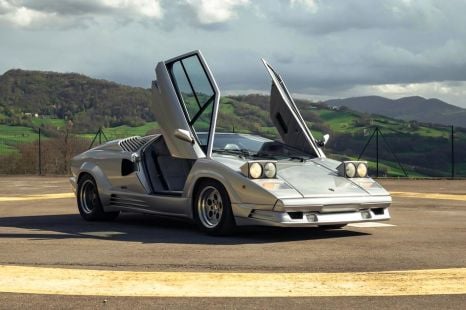

Anthony Crawford
1990 Lamborghini Countach review
6 Days Ago
Mercedes-Benz will join Honda in moving to an "agency" sales model in Australia, with fixed pricing and centrally-managed sales.

Contributor
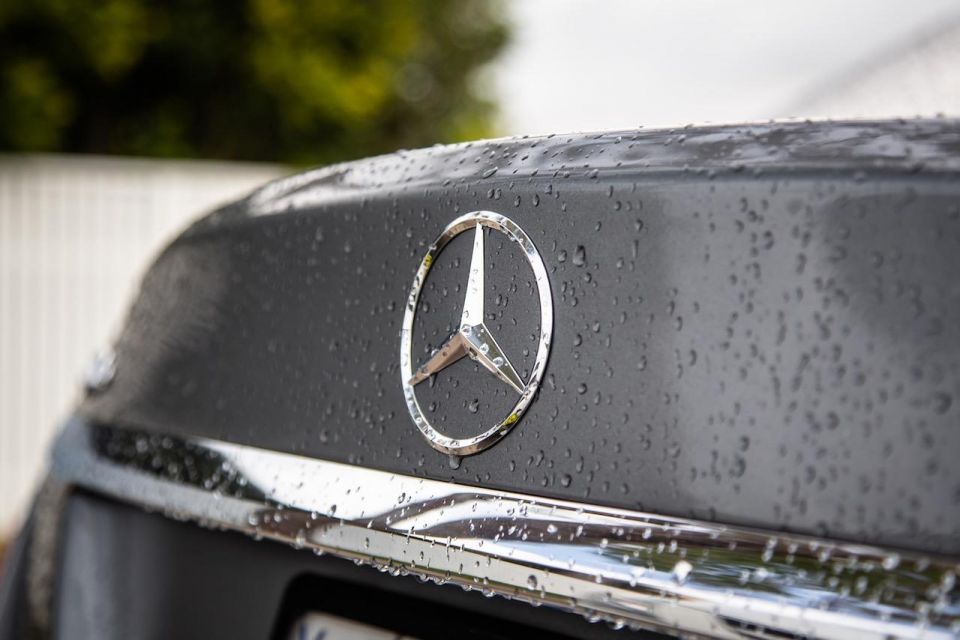

Contributor
Australia’s best-selling luxury brand looks set to follow Honda in offering fixed prices across its range, as it moves away from a traditional dealer model Down Under.
Mercedes-Benz overnight revealed plans to move to an agency sales model in Australia during 2022, after trialling it on the all-electric EQC SUV.
Currently, the only Mercedes with a non-negotiable price is the EQC, but the carmaker will roll out fixed pricing across its range during 2022. The move is part of a switch to the same agency model Honda will adopt next year.
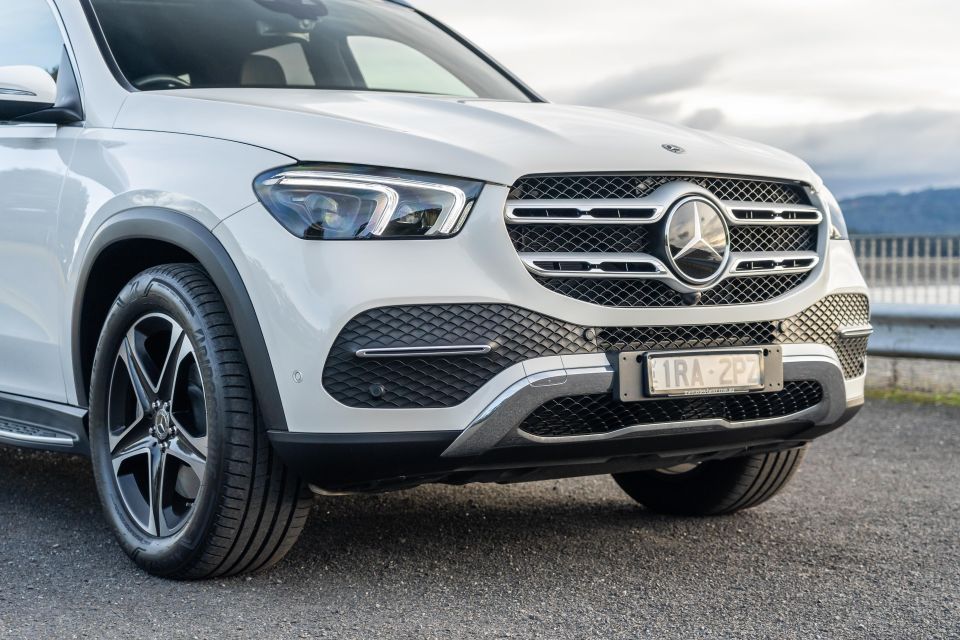
At the moment, Mercedes-Benz dealerships buy cars from head office before on-selling them to customers. Dealers are owned and run by franchisees who can adjust or negotiate the price of a car to undercut rival dealers, both from other brands and within the Mercedes-Benz network.
Pressure to make a sale (driven by a range of factors, including internal targets or a need to move older stock) gives new car buyers the power to negotiate a sharper price on their vehicle. That power vanishes when head office sets the price.
Under the agency model, stock is centrally owned by a carmaker. Dealers are used to distribute cars and service them, but don’t have the authority to set prices or negotiate with customers. Dealerships earn a flat fee for delivering vehicles to customers.
Mercedes-Benz hasn’t confirmed whether it will lower its sales volume in line with the shift, as Honda will.
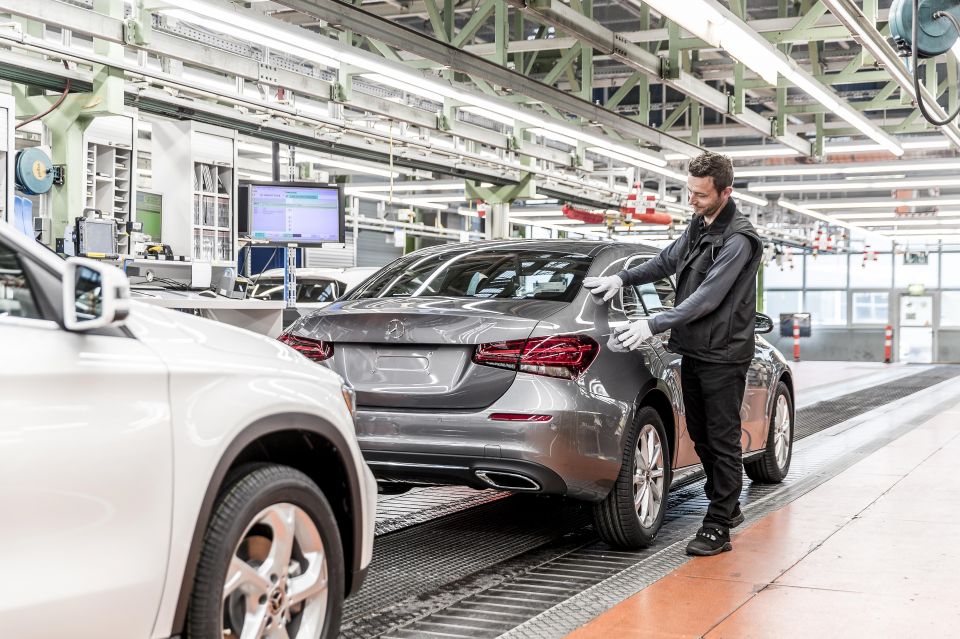
The peak body for new car dealers in Australia, the Australian Automotive Dealer Association (AADA), says it doesn’t oppose changes to the way carmakers sell cars – provided existing dealers are fairly compensated when the shift takes place.
AADA CEO James Voortman also said there’s currently a number of unknowns surrounding the Mercedes-Benz plan, including how trade-in pricing is managed, and whether the move will improve the customer experience come delivery time.
“We know from other markets delivery timelines haven’t always improved when there is a shift to an agency model, and we know there’s been a lot of teething processes as the manufacturer takes on more of the roles that traditionally have been taken on the by the dealer,” Mr Voortman told CarExpert.
Mercedes-Benz plans to roll out its agency sales model in a number of global markets, but won’t be able to in places such as the USA because of local regulations.
Although any potential legal challenge to prevent the agency change would sit in the hands of the Mercedes-Benz dealer council, the AADA is calling for rules making it harder for dealers for all carmakers to be dropped at short notice by head office.
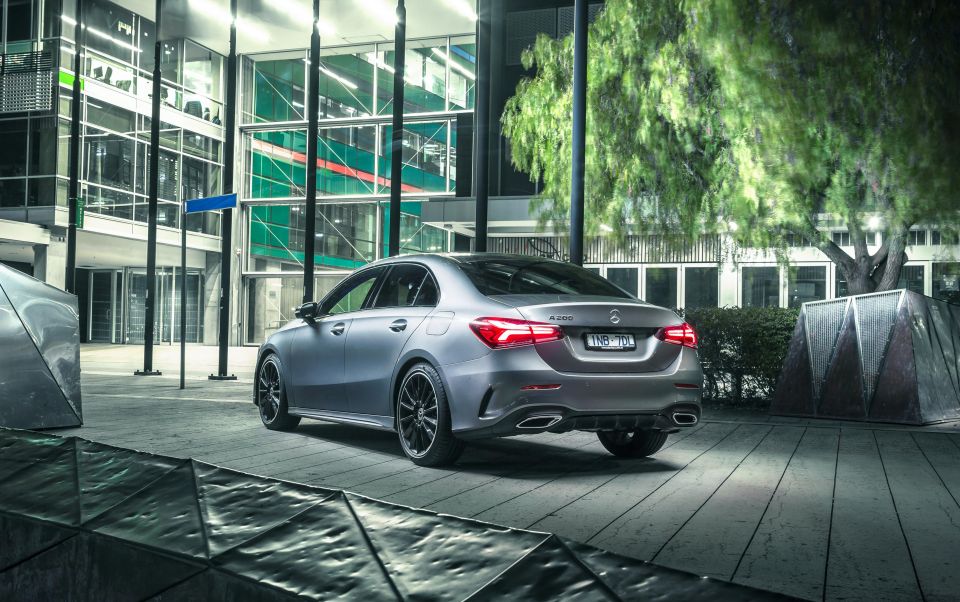
Mr Voortman said OEMs “are not held to much account” in Australia. Carmakers can decide not to renew a franchise agreement with just six months notice, and aren’t necessarily required to compensate franchisees.
The AADA CEO pointed to the USA as an example of what could be done. In most American states, carmakers have to “demonstrate good cause” to terminate (or not renew) a franchise agreement.
“Dealers are better protected because they know that if they do everything they have to, if they abide by their franchise agreements, if they meet their performance requirements, they should protect the investments they made and their businesses aren’t at risk,” Mr Voortman said.
Scott Collie is an automotive journalist based in Melbourne, Australia. Scott studied journalism at RMIT University and, after a lifelong obsession with everything automotive, started covering the car industry shortly afterwards. He has a passion for travel, and is an avid Melbourne Demons supporter.


Anthony Crawford
6 Days Ago


Matt Campbell
5 Days Ago


James Wong
4 Days Ago


Max Davies
2 Days Ago
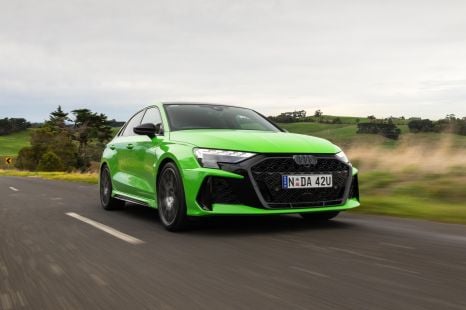

Josh Nevett
1 Day Ago
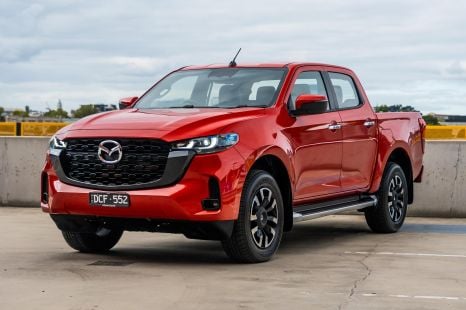

Josh Nevett
21 Hours Ago